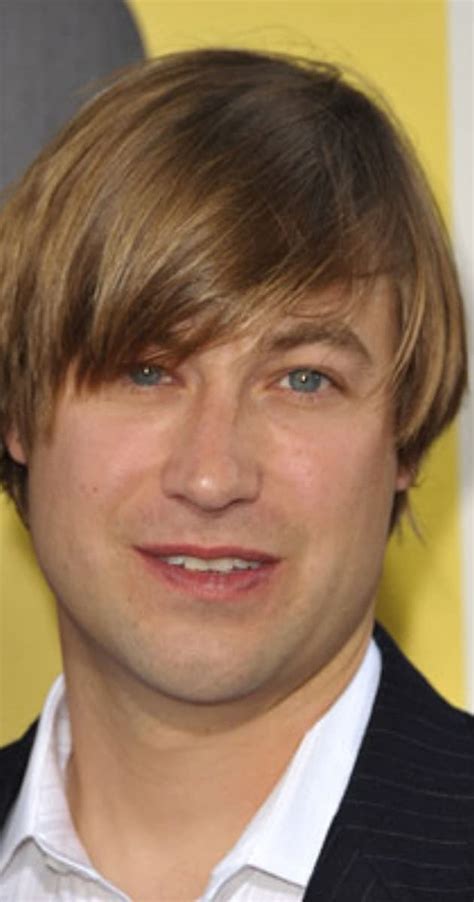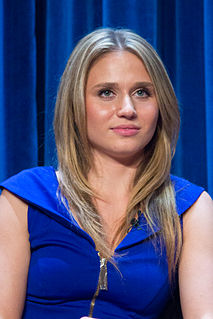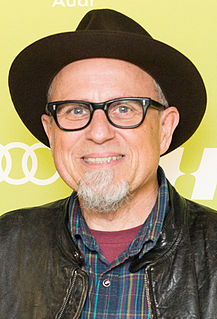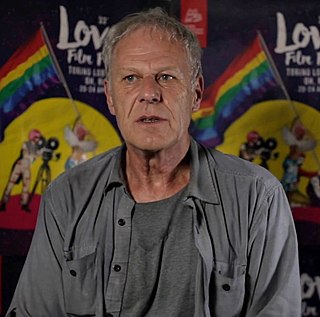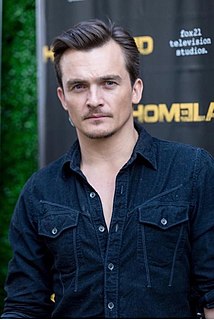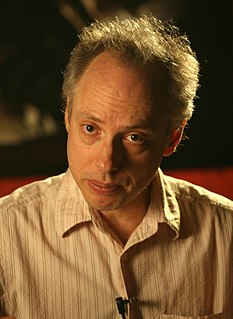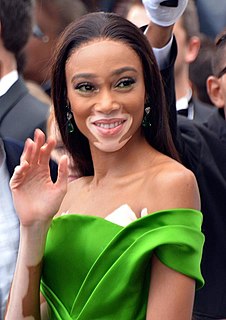A Quote by Keira Knightley
The thing about great fictional characters from literature, and the reason that they're constantly turned into characters in movies, is that they completely speak to what makes people human. They're full of flaws as much as they are full of heroics. I think the reason that people love them and hate them so much is because, in some way, they always see a mirror of themselves in them, and you can always understand them on some level. Sometimes it's a terrifyingly dark mirror that's held up.
Related Quotes
I have always liked kind of outsider characters. In the movies I grew up liking, you had more complicated characters. I don't mean that in a way that makes us better or anything. I just seem to like characters who don't really fit into. You always hear that from the studio: "You have to be able to root for them, they have to be likeable, and the audience has to be able to see themselves in the characters." I feel that's not necessarily true. As long as the character has some type of goal or outlook on the world, or perspective, you can follow that story.
I've never written a fiction before about real people. . . . I read everything that I could find by people who met them and tried to get some impression of them, but as always when you write fiction, even if you have completely fictitious characters, you start by thinking of what is plausible, what would they say, what would they be likely to do, what would they be likely to think. At some point, if it is every going to come to life, the characters seem to take over and start speaking themselves, and it happened with [COPENHAGEN].
There's a secret to get through loss, pain and grief. If we're alone we can't see who we are. When we join the club, other people become the mirror. Through them, we see ourselves and gain an understanding of what we're going through. Then slowly, real slowly, we learn to accept who we see in the mirror. Then you become the mirror for them; by being honest about who you are, you'll help them learn to love and accept themselves.
Some of them [family names] have sentimental value for some reason or another, some of them just sound beautiful. Some of them are because of people that are meaningful to us in our lives. So it's hard to say which one we'll pick. Sometimes they say you have to see the child before you decide. So maybe when we see her we'll make a last-second decision.
Some people see me as dissecting my characters in some kind of heartless, coldblooded, analytical way, when in truth making these movies is a passionate, intensely emotional experience for me. I'm detached from the characters only to the degree that I have to be in order to write honestly about them.
My research suggests that when people get rebuffed they become frustrated and angry, but they would do better to become curious about the reason for the rejection. I also found that people assume that others are like them, operating under the same knowledge, beliefs, constraints and priorities. This mirror assumption makes it easier to speculate about why others act in the way they do, but sometimes the mirror assumption is wrong.
The ones I love most are the people who the flaws show. I like doing characters that we see the total person. If people get afraid to show the flaws because they think, "Oh, then nobody will like them," then you end up with a lot of products, and everybody wants to be frigging heroic all the time - not what people are trapped in every day, like your skirt being in your panties after you walk out of the bathroom. Being human. Sometimes when people are drawn to your work, they're drawn because they recognize themselves or their loved ones or their neighbor in it.
Some of my books sort of have a provocative take. Sometimes you find interesting things about characters that show they weren't necessarily the way people usually see them. It can make for lively conversations, but that's great. Spark a little controversy, get people to think about it. That's what it's all about.
I love myself the way I am, but people will always message me about other people with vitiligo who cover their skin. 'Winnie Harlow, you need to tell them that they need to love themselves the way they are and stop covering their skin!' No! If that's what makes them comfortable and what makes them happy, let them be.

